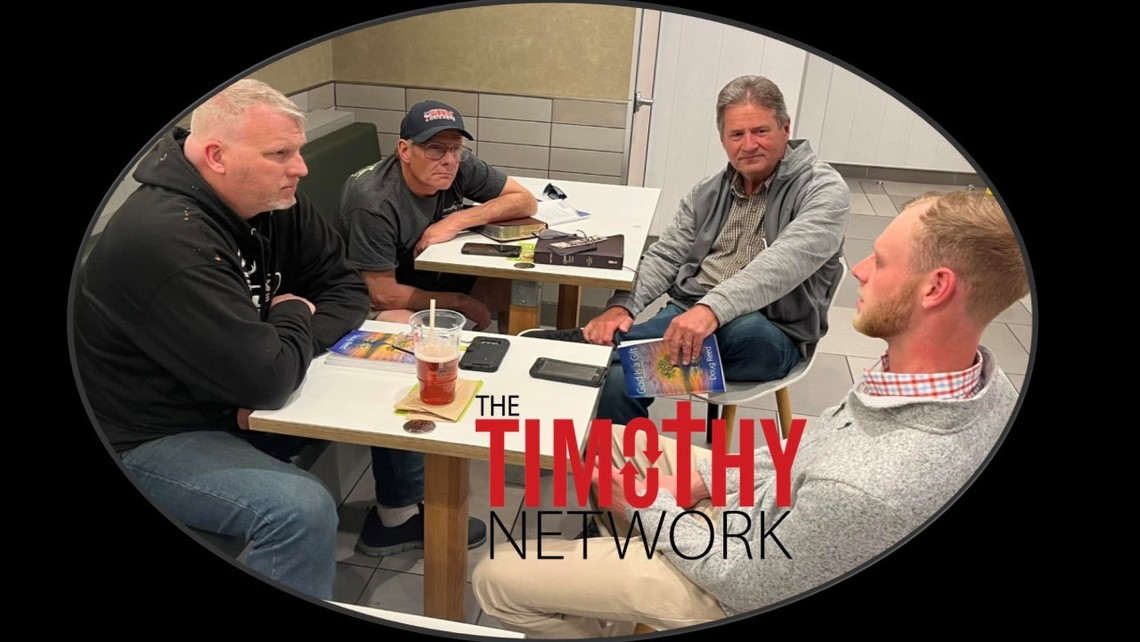 Life was easier before the vending machine came to work.
Life was easier before the vending machine came to work.
It’s usually around 10 a.m. when the hunger pangs kick in. I used to have to suffer through them, patiently biding my time until lunch a couple of hours later. It was the better solution. Waiting to eat tests my patience and teaches perseverance, builds endurance. Not to mention the health benefits of avoiding junk food while doing a job that requires very little physical exertion.
The call of instant gratification finally manifested when my boss put a small vending machine in the lobby. The day it moved in my hunger seemed deeper and stronger than ever. It was the truest test yet of my ability to stave off hunger. Alas, it was simply too easy. I was hungry, and that 50¢ candy bar was the answer to my struggle. I failed miserably. (Why did they have to put 3 Musketeers in there?)
It may seem trivial, but a simple battle against a candy bar has the potential to reveal a much deeper, far more consequential struggle raging within the life of a Christian. If there is an “anti” to the process of discipleship in Jesus Christ, it is our culturally-driven tendency to seek instant gratification. As Robert Mulholland writes in Invitation to a Journey, “There simply is no instantaneous event of putting your quarter in the slot and seeing spiritual formation drop down where you can reach it, whole and complete.”
Many churches ignore the continuous process of discipleship. Instead, the focus turns to finding the right technique, method, or program that can instantly deliver spiritual wholeness and fulfillment. It’s vending machine spirituality at its best. Cheap imitations of spirituality are offered at minimal cost to the individual.
But vending machine religion is hardly what Jesus called us to. Instead, he calls anyone who would follow him to “take up your cross, and follow me. If you try to hang on to your life, you will lose it. But if you give up your life for my sake and for the sake of the Good News, you will save it” (Mark 8:34-35).
Instant gratification calls us to seek out simple solutions that don’t cost anything, especially self-sacrifice and time. We want someone to tell us that having relationship with God is easy, not requiring deliberate, enduring obedience to life under the cross. We want to cruise through life with one hand on the cross and the other safely tucked away for our own selfish use whenever we need it.
Throughout the New Testament, the apostle Paul teaches that we find our true fulfillment in being transformed, conformed, and shaped into the image of Jesus Christ. Our innate spiritual hunger can only be quenched by becoming like Jesus.
Mulholland writes, “Everyone is in a process of spiritual formation! . . . We are being shaped into either the wholeness of the image of Christ or a horribly destructive caricature of that image.” Much like a candy bar staves off hunger, but is of no real benefit to the body, cheap imitations of discipleship leave the soul in an unhealthy, spiritually lethargic state.
“The Christian journey,” Mulholland concludes, “is an intentional and continual commitment to a lifelong process of growth toward wholeness in Christ.” It is a commitment that takes us to maturity in the Lord, “measuring up to the full and complete standard of Christ” (Ephesians 4:13).
That kind of fulfillment is going to cost more than 50¢.






Leave A Comment